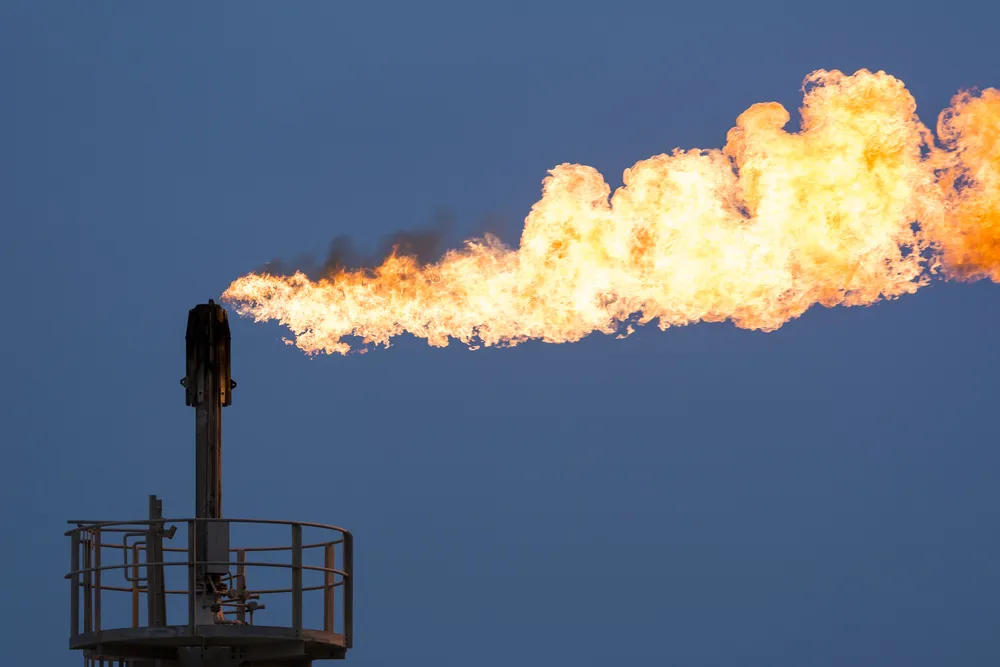Introduction:
This course on the processes, design, and operations of oil and gas refineries imparts essential basics regarding oil refining technology and operations. It aims to inform participants about the various kinds of refineries, their arrangements, and the product slates, as well as the knowledge needed to make informed selections of the best options. The course investigates in detail the interrelationships between the process, design, and operations of an oil and gas refinery.
Participants will understand the principles, elements, and operations of oil and gas process design, enabling them to handle the day-to-day requirements of the industry with ease, speed, and strategic insight.
Objectives:
At the end of this Fundamentals of Oil & Gas Refinery Processes, Design, and Operation course, participants will:
- Explain the major characteristics of the oil and gas refinery process.
- Understand concepts of refinery design, including but not limited to the design basis for oil and gas and the functioning of refinery processes.
- Gain knowledge of various techniques and technologies in oil refining.
- Develop proficiency in optimizing oil and gas operations through operational excellence.
- Familiarize themselves with safety and environmental considerations associated with refining.
Training Methodology:
- Systematic Chenery Framework on Statics Theory
- Case studies
- Students’ class participation
- Sychotropic simulations
- Field trips
- Evaluations and tests
Course Outline:
Unit 1: Basics of Petroleum Refining and Crude Oil Composition
- The refining industry support group and global market
- Market drivers for the oil refining industry
- Current status of refinery products and processes
- Crude oil composition
Unit 2: Crude Oil – Properties and Classification
- API gravimetric index
- Pour point
- Total count of different toxins/kinds of contamination
- Distillation and boiling range
- Asoil of crude
- Characteristic characterization factors
- Crude oil elemental analysis and ternary type
Unit 3: Block Type Processes: General Scheme of Refinery Operation
- Dehydration and striking
- Light ends unit
- Catalytic reformer
- Catalytic hydrotreatment
- Heavy gas oil conversion
- Vacuum gas oils conversion and processing
- Vacuum distillation tar processing and conversion
- Requirements for conversion of heavy oil
Unit 4: Technology of Sintering Segregation Processes: Separation Processes
- Atmospheric distillation and vacuum units
- Different distillation processes
- Terms related to distillation
- Light ends unit (LEU) fractionation
- Deasphalting processes
- Gradient solubility
- Dewaxing
Unit 5: Properties of Crude Oil and Thermal Conversion Processes
- Chemistry of thermal cracking
- Thermochemical reactivity concepts in processing
- Visbreaking
- Coking
Unit 6: Thermal Conversion Processes
- Explanation of thermal cracking processes
- Processing thermal reactivity considerations
- Visbreaking
- Coking
Unit 7: Catalytic Conversion Processes
- Explanation of thermal cracking processes
- Processes of catalytic cracking
- Catalytic hydrocracking
- Catalytic reforming
- Composition and reactions within catalytic reforming
- Processes and apparatuses for catalytic reforming
- Alkylation
- Polymerization
- Isomerization
Unit 8: Finishing Processes – General Description
- Hydrogenation
- Hydrotreatment
- Hydrodesulphurization
- Hydrodenitrogenation
- Hydrodemetallization
- Processes of hydrotreatment
- Blending of products
Unit 9: Supporting Processes
- Unit for gas processing
- Sulfur recovery
- Hydrogen generation
- Wastewater treatment
- Environmental impact of refining
Unit 10: Past and Future of Petroleum Refining
- Evolution of accrued refining units
- Forecasts on processes in oil refining
Unit 11: Natural Gas Processing
- Shale gas
- Natural gas liquids
- Composition and specification of natural gas
- Processing of natural gas


















